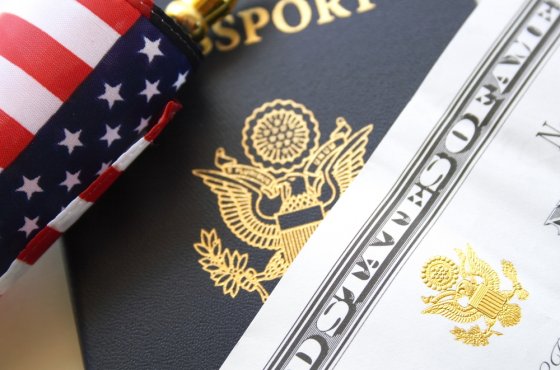Russia is not going to publish “black lists” of EU citizens
The Russian Ministry of Foreign Affairs (MFA), in response to EU accusations of non-transparency in compiling a “black list” of EU citizens who are prohibited from entering Russia, said that decisions on each person on the list were carefully verified.
The Russian Foreign Ministry refused to disclose the decision-making mechanism in compiling the list, but Foreign Minister Sergei Lavrov later said that Russian sanctions affected those who “supported the coup in Ukraine.”
“The retaliatory sanctions that were introduced concerned figures who actively supported the coup (in Ukraine), as a result of which Russians in Ukraine began to be persecuted and discriminated against,” Lavrov said.
Earlier, the European Union called the Russian “black list” of EU persons unfounded and unlawful. The European External Affairs Service noted in its statement that the Russian side did not provide an explanation as to what specific criteria were used to make a decision on this list.
In total, 89 European politicians and representatives of the military command were included in the blacklist.
“A separate decision was made for each candidate, with specific wording as to why these individuals were included in the stop list,” Deputy Foreign Minister Alexei Meshkov said on Monday.
The United States, the European Union and a number of other countries imposed sanctions on Russia in connection with the annexation of Crimea in March last year and the support of armed separatists in eastern Ukraine. Restrictions on the role of Russia in the Ukrainian crisis were imposed on companies and a number of officials, including several Russian government members, politicians, parliamentarians, businessmen, senior representatives of various ministries and departments, as well as leaders of the Crimea, unrecognized by the LC and the DPR.
On Sunday, State Duma deputy Dmitry Gudkov sent a request to the Foreign Ministry asking for clarification of the legal basis for the introduction of Russian “stop lists” and the non-participation of State Duma deputies in their formation. He also demanded an explanation why the lists were not made public.
The Russian Foreign Ministry said that the “blacklists” against European politicians were introduced in response to Western sanctions and Russia does not intend to make them public.
Deputy Dmitry Gudkov, in the request, emphasized that sanctions lists, as a response to diplomatic measures, “Russia should accept transparently and publicly, taking into account the position of the State Duma.”
“No one consulted the State Duma in this case, maybe such a list is correct, or maybe it’s a mistake, maybe someone was included in vain, and someone was forgotten. It would be fair to do everything publicly. Otherwise, scandals cannot be avoided; someday one of the Europeans flies to Russia and is already turned away at the airport here,” Dmitry Gudkov wrote on Facebook.
Last week, the deputy of the German Bundestag, Karl-Georg Wellman, was not allowed into Russia; at the same time, the Serbian journalist Stevan Doychinovic could not get into Russia. Later, the European media published a list with the names of 89 Europeans who were banned from entering Russia.
"Unreasonable measure"
The European External Action Service called the ban on entry into Russia of 89 European officials an arbitrary and unfounded measure. The service’s statement notes that Russia provided the European Union with a list of officials subject to its sanctions, but did not provide any information about the legal basis for its decision and the criteria on the basis of which the “stop list” was compiled.
“We consider this measure to be completely arbitrary and unjustified, especially in the absence of any further clarification and transparency,” the service said in a statement.
Germany demanded that Russia make the list public and explain the procedure by which the document can be challenged.
The British Foreign Office also expressed outrage at Russia's acceptance of the blacklist. As stated in London, “there is absolutely no justification for this list,” especially since “the Russian authorities have not provided any legal basis for such a list.”
As the Foreign Office noted, Russia will not be able to achieve the lifting of sanctions using such methods; it can achieve its goal only if it withdraws troops from Ukraine and complies with its obligations under the Minsk agreements.
Several European politicians said they were proud to be on a “blacklist” compiled by Russian authorities in response to international sanctions against Russia.
Former Foreign Minister Karel Schwarzenberg, who found himself on the Russian list, said that he had joined “a club of very decent people.”
Subscribe to ForumDaily on Google News










